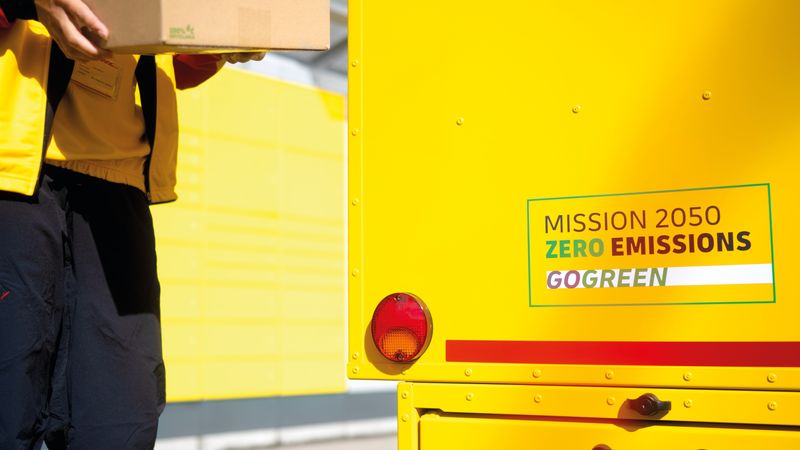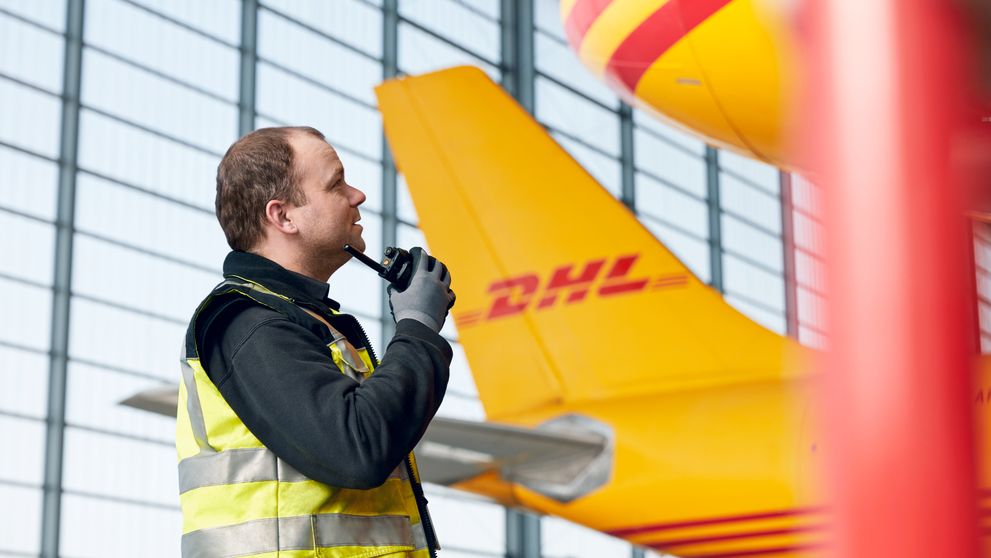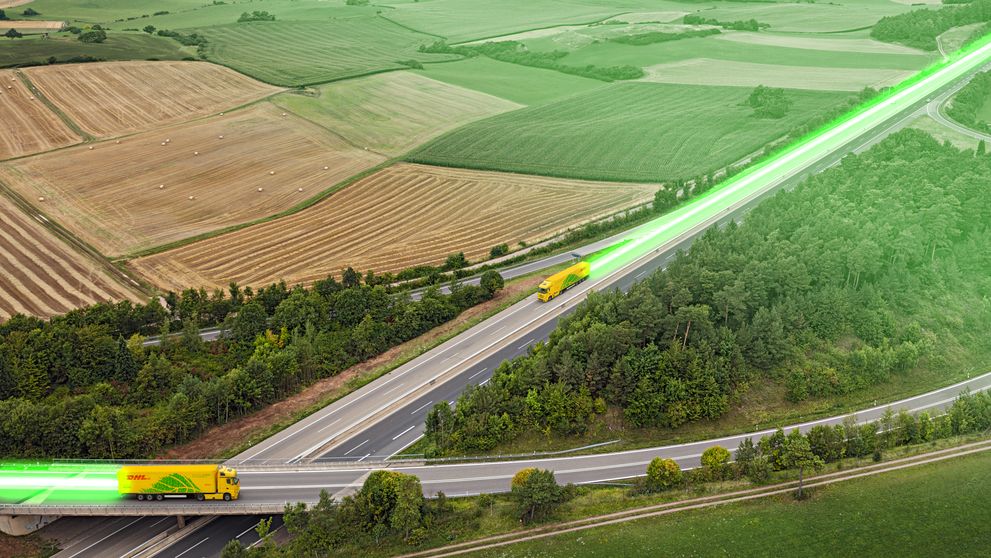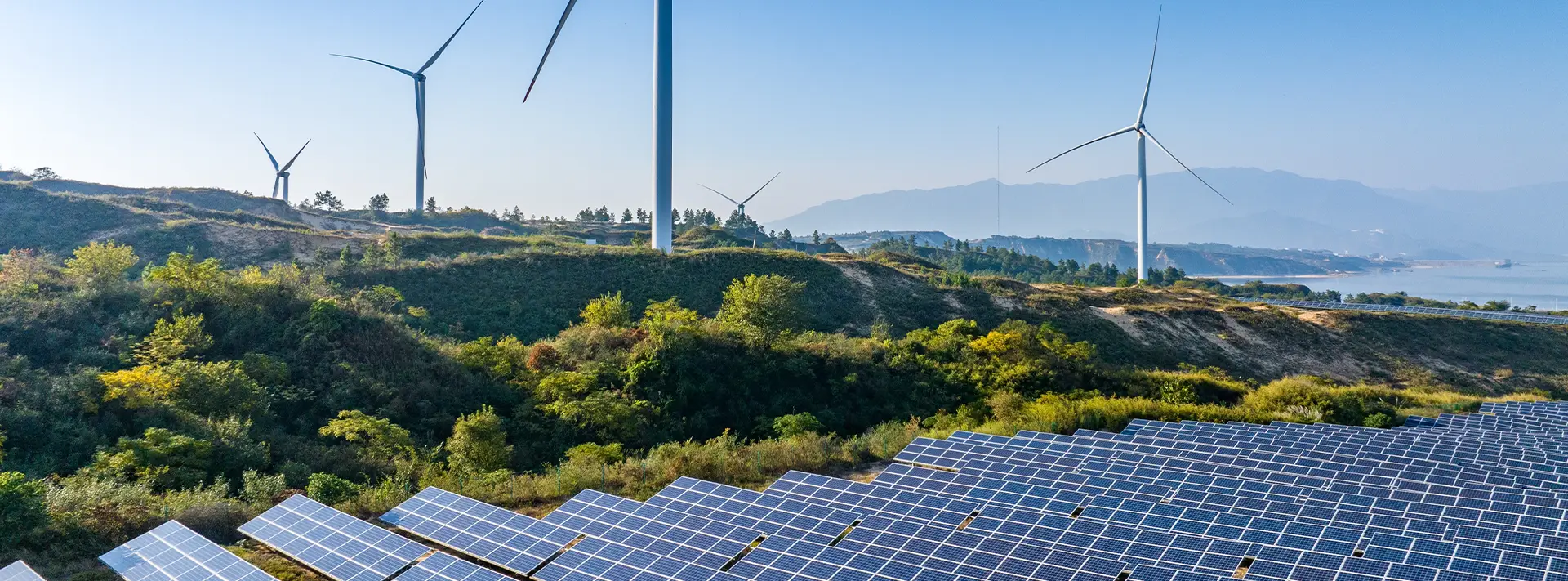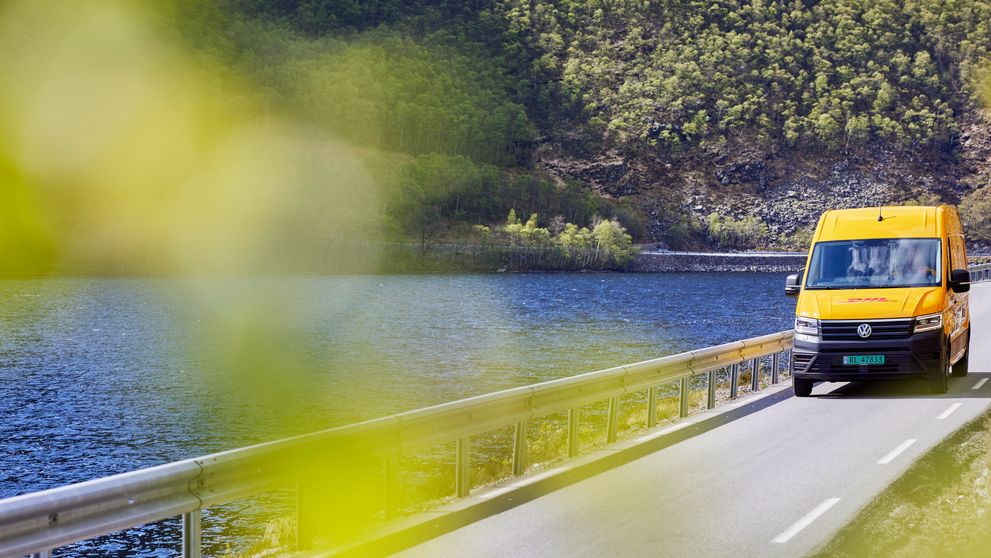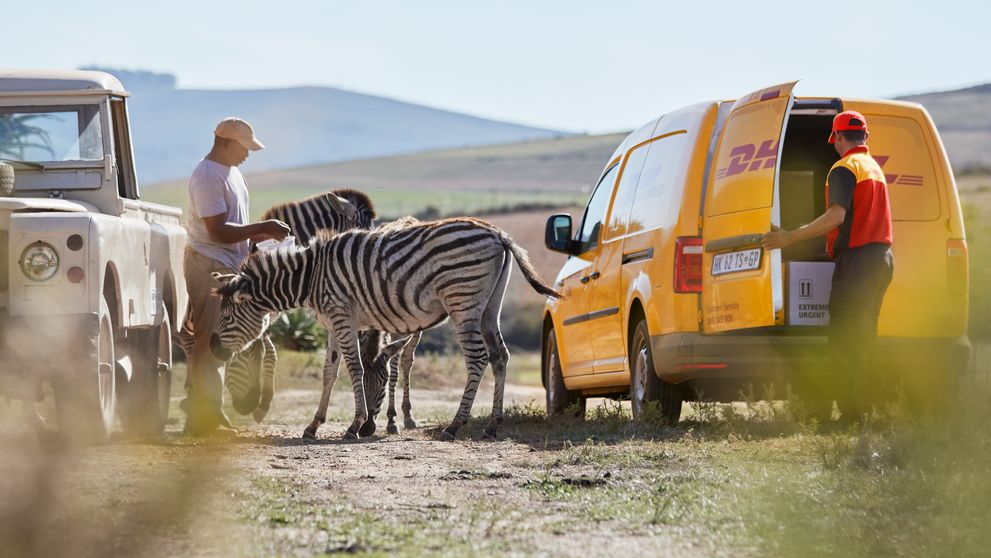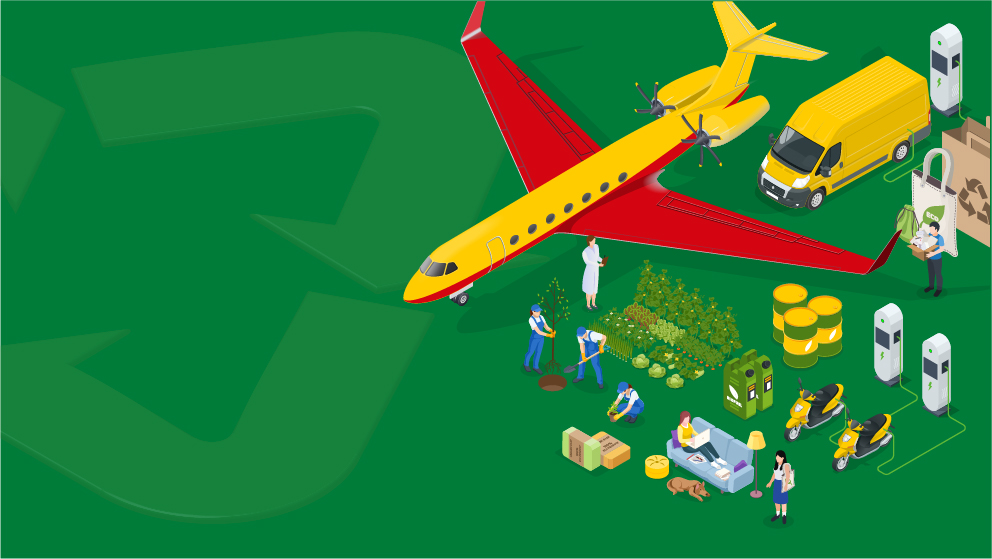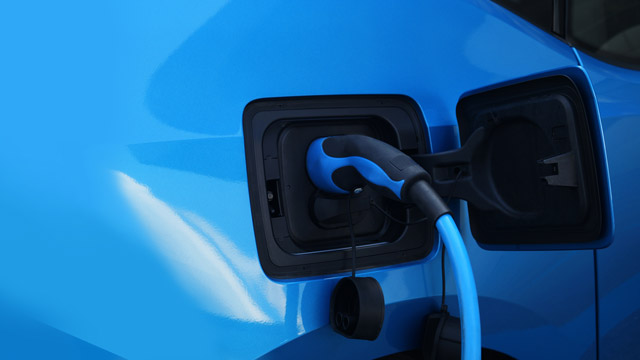In the face of global environmental challenges, businesses are increasingly turning towards sustainable practices to reduce their environmental impact.
The urgency for such measures is particularly imperative in Cambodia, a country deeply affected by climate change. As a predominantly agrarian nation, nearly 80% of Cambodians live in rural areas, where agriculture is both a lifeline and a vulnerability.
Seasonal floods and droughts have grown in intensity, disrupting not only farming but also affecting the broader economic landscape.
The World Bank reports that without significant climate adaptation and mitigation, Cambodia could see a reduction in Gross Domestic Product (GDP) by up to 9% by 2050, with poverty potentially increasing by 6% by 2040.
Despite Southeast Asia's slower pace in adopting eco-friendly habits, the global trend towards sustainability is gaining momentum in Cambodia. A local study on green marketing revealed that Cambodians are increasingly willing to invest more in environmental protection.
This finding aligns with global trends, as research from Simon-Kucher and Partners shows that 85% of consumers worldwide are making more environmentally conscious choices.
In light of these challenges, DHL Express Cambodia is paving the way with green logistics. By providing sustainable shipping solutions, we not only lessen the environmental impact but also enhance the economic resilience of Cambodian businesses, positioning them to thrive in an increasingly greener economy.
What is the Concept Of Green Logistics?
Green logistics refers to the practices and strategies aimed at minimising the environmental impact of the logistics industry. Its objectives include reducing greenhouse gas emissions, optimising resource use, and promoting sustainability across the supply chain.
These efforts collectively support the goal of making logistics activities more environmentally friendly while maintaining efficiency.
How to Achieve Green Logistics?
Achieving green logistics involves adopting eco-friendly practices across various aspects of supply chain management to enhance sustainability. Here’s how businesses can implement these practices:
1. Optimising Warehouse Efficiency
Sustainable logistics operations begin at the core of facility management. To initiate the shift towards green logistics, upgrade your warehouse lighting to light-emitting diode (LED) fixtures. These lights are more energy-efficient and have a longer lifespan, which helps minimise waste and reduce maintenance costs.
Incorporating solar panels can further diminish your reliance on conventional energy sources, supporting a reduction in carbon emissions. Additionally, to streamline operations and decrease resource wastage, consider automating inventory management and logistics processes. This precision allows for the optimal use of energy and space, enhancing overall efficiency.
Furthermore, collaborating with third-party logistics providers committed to green practices, like DHL Express Cambodia, can provide access to shared resources and expertise. These providers often operate facilities certified by Leadership in Energy and Environmental Design (LEED), promoting environmental sustainability throughout the supply chain.
2. Advancing Sustainable Packaging
Excessive plastic use is rampant across Cambodia, with Phnom Penh alone seeing around 10 million plastic bags used daily, from food service to clothing retail. This widespread practice significantly contributes to the country’s and global plastic pollution problem.
To address this issue and enhance green logistics, businesses are encouraged to adopt recyclable and eco-friendly packaging materials when shipping their products domestically or internationally.
Options like biodegradable plastics, recycled paper, and cloth bags not only reduce environmental impact but also meet the growing consumer demand for sustainable alternatives.
3. Implementing Green Transportation Strategies
To advance eco-friendly transportation, businesses can optimise transportation routes and utilise green logistics management systems, reducing unnecessary travel and fuel consumption. With electric vehicle (EV) usage in Cambodia surging by 1,000% in 2022, as reported by Khmer Times, incorporating EVs into your fleet strategy can significantly enhance your company's commitment to environmental sustainability.
EVs contribute to this by operating on electricity rather than gasoline or diesel, thus eliminating tailpipe emissions and drastically cutting down the amount of greenhouse gases released during their operation.
Partnering with logistics providers that utilise EVs enhances the sustainability of delivery services, reducing carbon emissions and contributing to a greener supply chain.
4. Improving Waste Recycling Practices
In the fast-paced logistics environment, sorting waste efficiently can be a challenge. For instance, materials like cardboard, plastic wrap, and outdated electronics can quickly accumulate during the unpacking and repacking stages at your facilities.
To manage this, set up marked, colour-coded bins at strategic points like loading docks to ensure each type of waste goes in the right place. Partnering with specialised recycling firms also helps tackle the disposal of more complex waste, ensuring everything from electronics to plastic is recycled according to environmental regulations.
Implementing these green strategies ensures businesses not only comply with global sustainability standards but also contribute positively to environmental preservation.
How Does DHL Express Incorporate Green Logistics?
At DHL Express, we are leading the charge towards a zero-emission future by 2050, aligning with our global commitment to combating climate change.
Our GoGreen solutions are integral to achieving this ambitious goal, providing a suite of services that help us reduce our environmental footprint and enable businesses to enhance their sustainability practices. Here's an overview of our green initiatives:
- Carbon transparency tools: Our GoGreen solutions include detailed carbon management tools, including carbon calculators and reports that provide businesses with the insights needed to track and reduce their carbon emissions. This suite of tools supports transparent and accurate emissions reporting, helping businesses to meet their sustainability targets and comply with international green standards.
- Sustainable aviation: We are at the forefront of eco-friendly air transport, utilising Sustainable Aviation Fuels (SAF) and integrating the latest fuel-efficient aircraft into our fleet. This initiative significantly lowers the carbon emissions from our air freight operations, facilitating greener overseas shipping from Cambodia.
- Electric courier vehicle fleet: We are expanding our fleet of electric vehicles, aligning with the Cambodian government's strategy to decarbonise transportation. This shift significantly reduces reliance on fossil fuels and lowers carbon emissions.
- Greener hub operations: Our logistics hubs are equipped with energy-efficient technologies such as LED lighting and solar panels. These features, along with our sophisticated energy management systems, minimise our energy use and carbon output, ensuring that our customers' logistics needs are met sustainably.
Through these GoGreen initiatives, DHL Express not only progresses towards our environmental goals but also offers businesses comprehensive solutions to significantly enhance their sustainability efforts globally.

